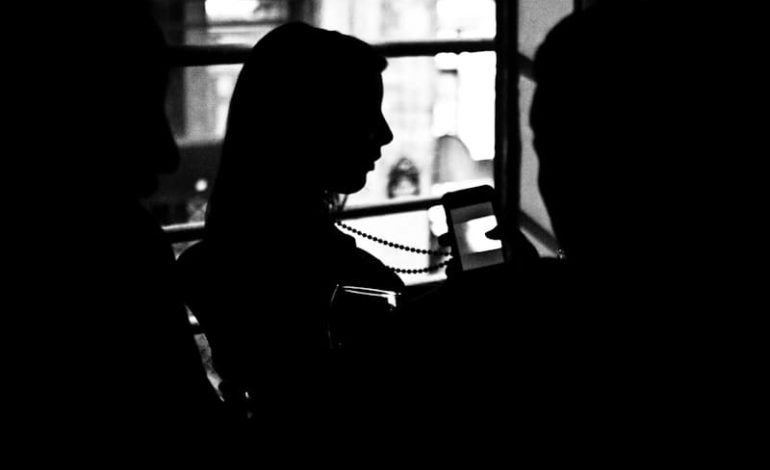
In a significant move aimed at reducing violence against women and girls, domestic abuse specialists will be embedded in 999 control rooms across England and Wales. This initiative is part of the UK government’s commitment to halving violence against women within a decade, under a new scheme known as “Raneem’s Law,” named in memory of Raneem Oudeh and her mother Khaola Saleem, who were tragically murdered in 2018.
These domestic abuse specialists will be on hand to ensure that victims receive a swift response from police officers and are quickly referred to support services. The measure comes as a direct response to cases like that of Ms Oudeh, who made several desperate calls to emergency services before she and her mother were killed by Ms Oudeh’s estranged husband. Despite 13 reports to the police regarding her safety, no arrests were made in time to prevent the tragedy.
Home Secretary Yvette Cooper emphasised the importance of these new measures, stating that victims “need to know the police will be there for them” and that their reports will be treated with the “seriousness and urgency” they deserve. Cooper’s comments highlight the need for a proactive approach in addressing domestic abuse cases, ensuring no warning signs are overlooked.
The pilot scheme will be launched early next year in select police forces, although the specific forces involved have not yet been announced. Ms Cooper described these measures as “vital” and a personal priority, following through on plans she discussed with the BBC earlier this year. Nearly 100 domestic abuse-related offences are recorded by police every hour, underscoring the urgent need for effective intervention and support.
In addition to embedding specialists in control rooms, the government has announced a new domestic abuse protection order pilot set to begin in November. This will expand the current powers of police to impose restrictions on abusers, including electronic tagging and extended orders without a maximum time limit. Crucially, the new orders will apply to all forms of domestic abuse, from physical violence to stalking and controlling behaviour.
This initiative has been welcomed by organisations like Refuge, a leading UK charity supporting survivors of domestic violence. However, there are calls for more clarity on the implementation of these plans, particularly regarding the recruitment, vetting, and training of specialist staff. Abigail Ampofo, Refuge’s interim chief executive, expressed concerns about the enforcement of existing protection orders, stating that they are often “worth little more than the paper they are written on” due to a lack of police action on breaches.
The inclusion of domestic abuse specialists in control rooms is seen as a vital step forward in improving outcomes for victims. Nour Norris, Ms Oudeh’s aunt, believes that having specialists available will save lives by ensuring that no warning signs are missed. Her comments reflect the hope that “Raneem’s Law” will lead to lasting changes in the way domestic abuse cases are handled, preventing tragedies like that experienced by her family.
As the UK government continues to introduce measures aimed at protecting women and girls, the emphasis is on creating a responsive and effective system that can adapt to the complexities of domestic abuse cases. The success of these pilots will be closely monitored, with the potential for broader implementation based on their impact.
Visit EyeOnLondon for more updates and in-depth insights on domestic abuse policies and support services in the UK.









